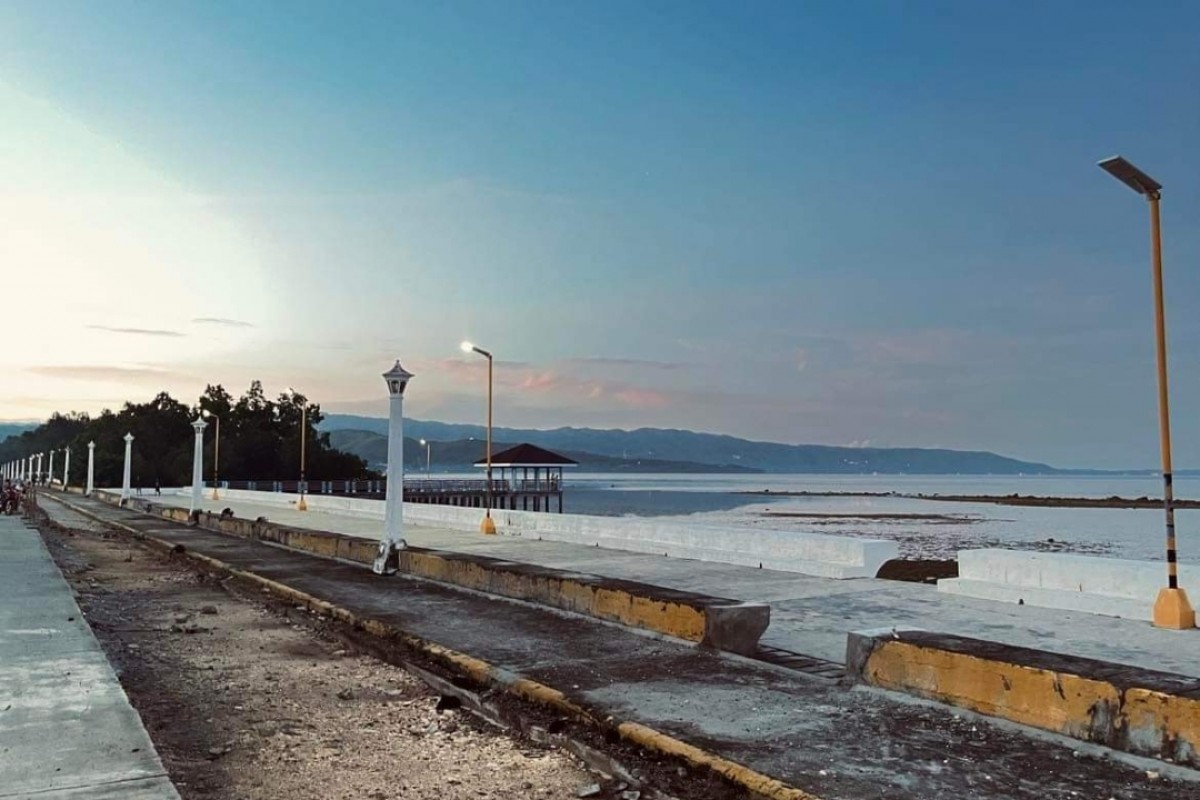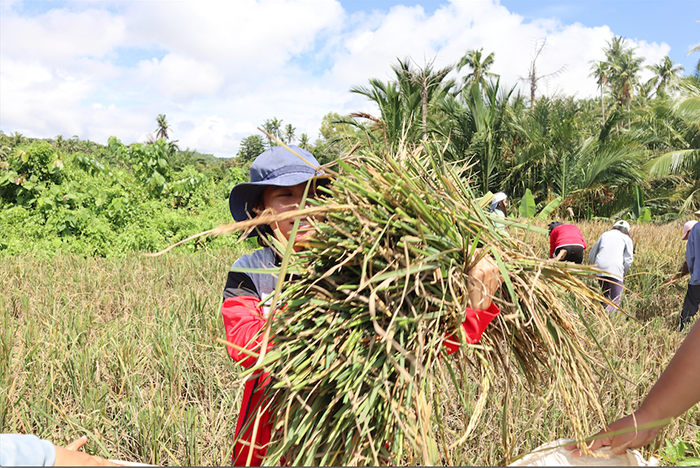A new day has dawned.
While most Siquijodnons were still in a deep slumber, I had a solitary walk at a long, perfectly straight, wooden boardwalk in a place we call Dumalaay in Larena, Siquijor, contemplating on how things have turned out, and how sudden our lives have flipped because of the COVID-19 pandemic. As I stared at the town lights from a distance, the cold breeze lingered on my skin, giving its sweet kiss on my cheeks. Still, I remain unbothered as I continued to think about the lonely life this pandemic has brought. The aftermath of COVID- 19 pandemic is evident in our own land.
The loss of jobs, particularly in the tourism sector - from no entry of tourists to the abrupt halt in the operation of vehicles or motorcycle rentals, to closing of resorts and restaurants - all these led to the loss of decent means of livelihood.
Even our farmers have not escaped from this tragic situation. Limited activities hinder them from utilizing the farm season, thereby affecting and limiting food supply and distribution. If taken for granted, this will not only affect the present but also the future.

As I reached the end part of the boardwalk, a brighter layer of the sky unfolded. A fine, misty rain poured. I stood by and watched the calm sea. I took a deep breath. Siquijor is such a serene place. Its shoreline is surrounded by white sandy beaches, blessed with clear water and rich in biodiversity. I pondered, “In the next two decades, would it be the same?” By then, the population will rise and the demand for food and other resources will be greater which will result to higher food waste disposal.
So the concern does not only lie on the safety and security of our food sources but also with the resulting pollution that will likely devastate not only our economy and society but, most especially, our environment.
Although the government emphasizes the need to focus more on agriculture, there seem to be no effective policies and strategies that promote this concern. It is in this context that civil society organizations play a vital role in achieving food security and sustainable development. Young people can actively support either as catalysts, volunteers or members.
A good example is the participation of the youth in politics. Sangguniang Kabataan, for one, is an excellent platform to take advantage of in promoting sustainable transformation of the food system. Every community in Siquijor province should create holistic and specific approaches to help save the island.

I look around and I see empty lawns in many homes and public spaces. When I see these, I see opportunities as well to grow vegetables for food, herbal plants to use as alternative medication for mild coughs and colds, or ornamental plants to bring beauty and vibrancy in our communities.
Sadly, these empty spaces are not utilized. A program to cultivate and transform those areas into community gardens would have slightly alleviated problems on lack of food and malnutrition. Also, community gardens are sustainable since food scraps and other biodegradables from households can be collected and composted to serve as fertilizer for the gardens to flourish. This creates a sustainable cycle where problems on waste are addressed and food shortages are also reduced.
If our aim is to transform food systems, we should make it our goal to create food systems that are feasible, sustainable, and beneficial to people's health and the environment.
We do not need highly advanced innovative technologies. We would be too ambitious. We could innovate ways and means instead.
First, feed the hungry people. We could tap our barangay health workers to collect data on those who are malnourished or undernourished. Donate extra food, create soup kitchens, and provide shelters to those who are struggling.
Second, feed animals. By diverting food scraps into animal food, we lessen the waste and trash.
Third, do composting. We could create a nutrient-rich soil to grow fruits and vegetables. This will reduce paying expensive medical bills.
Lastly, landfill or incineration as the last resort to disposal. This will reduce our pollution rate.

As young people, we should use our influence to build programs to help the community manage their resources, develop just and inclusive policies, conduct seminars on improving community hygiene and knowledge about nutrition, help farmers boost their income, and empower women to earn independently. These are but a few of the programs and activities that create a balanced social sustainability and political stability.
As the rain subsides, the sun rises, welcoming and young. It looked right at me, revealing a secret message: these are simple things that are individually doable. We do not need a leader to overcome such. If we empower the youth and educate them now, then we can collectively save the planet.
Every Siquijodnon should instill this as a concrete solution because someday, the world will look at us and pattern our good deeds because through our small actions, we ensure human and planetary well-being. (Shane Jay Gubantes Fabugais, Head Teacher I, Candaping National High School)



